
Home
Publications
Publications
Showing 0 to 0 of 0 results
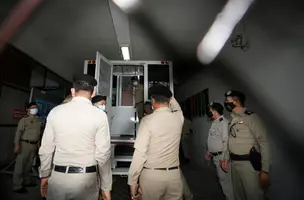
Statements
2021-12-01T02:33:21
Thailand: Joint letter on restrictions on prison visits and correspondence

Tools for MPs
2021-09-30T04:58:21
Toolkit – Transition to a Green Economy after COVID-19

Statements
2021-09-30T04:09:53
Southeast Asian governments must seize moment, enact measures for green recovery from COVID-19, new report says

Reports
2021-09-30T03:13:16
“Building Back Better”: Southeast Asia’s transition to a green economy after COVID-19
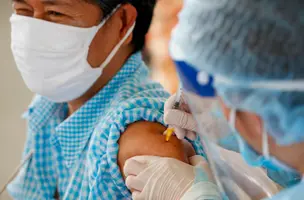
Statements
2021-07-19T07:20:19
To tackle COVID-19 outbreaks, ASEAN MPs call for more inclusive policies for migrant workers
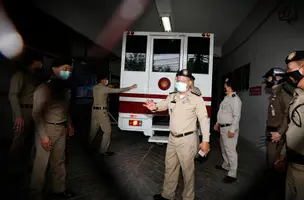
Open Letters
2021-07-19T02:48:48
Thailand: Joint letter on prison conditions
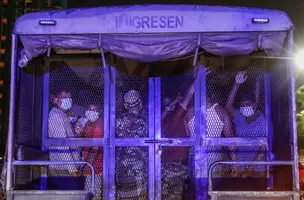
Opinion Articles
2021-07-07T03:38:07
End Anti-Migrant Rhetoric and Actions, and Protect Everyone
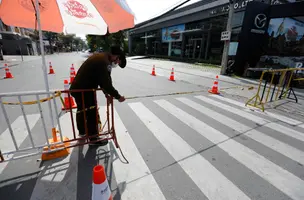
Statements
2021-05-25T03:49:45
Cambodia: Stop silencing critical commentary on COVID-19
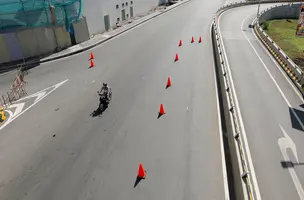
Statements
2021-05-03T02:57:06
Cambodia must drastically change its COVID-19 approach, MPs say
TOP
ASEAN Parliamentarians for Human Rights (APHR) was founded in June 2013 with the objective of promoting democracy and human rights across Southeast Asia. Our founding members include many of the region's most progressive Members of Parliament (MPs), with a proven track record of human rights advocacy work.
Copyright © 2024-2025 All Rights Reserved - ASEAN Parliamentarians for Human Rights (APHR)
Website by Bordermedia